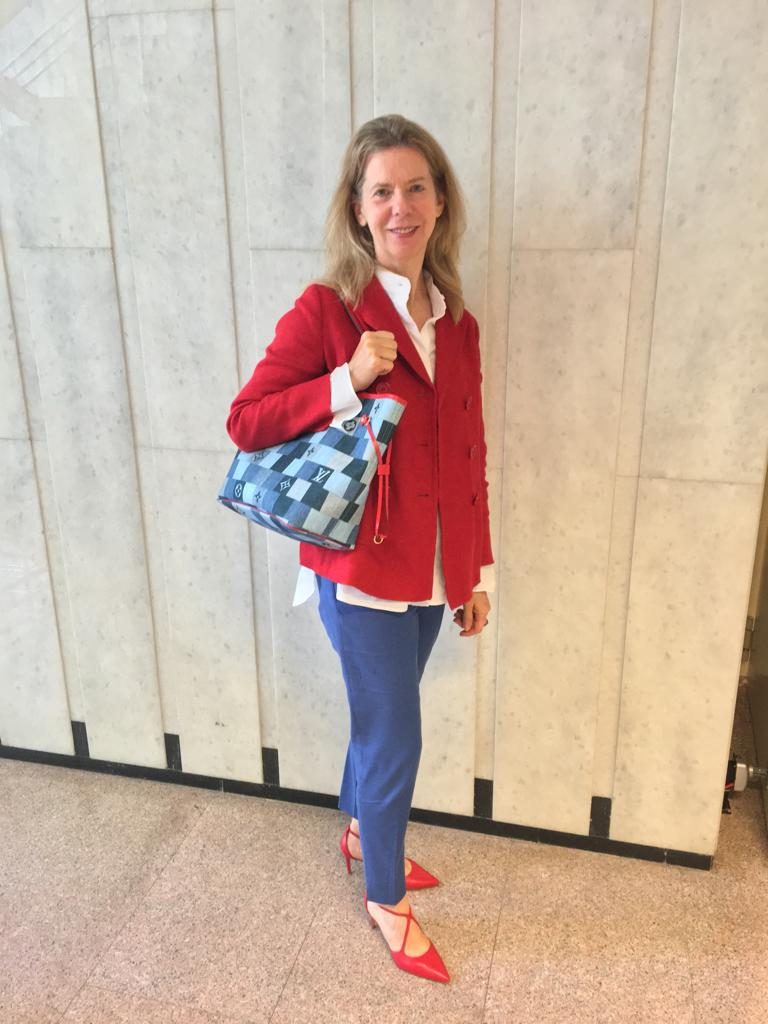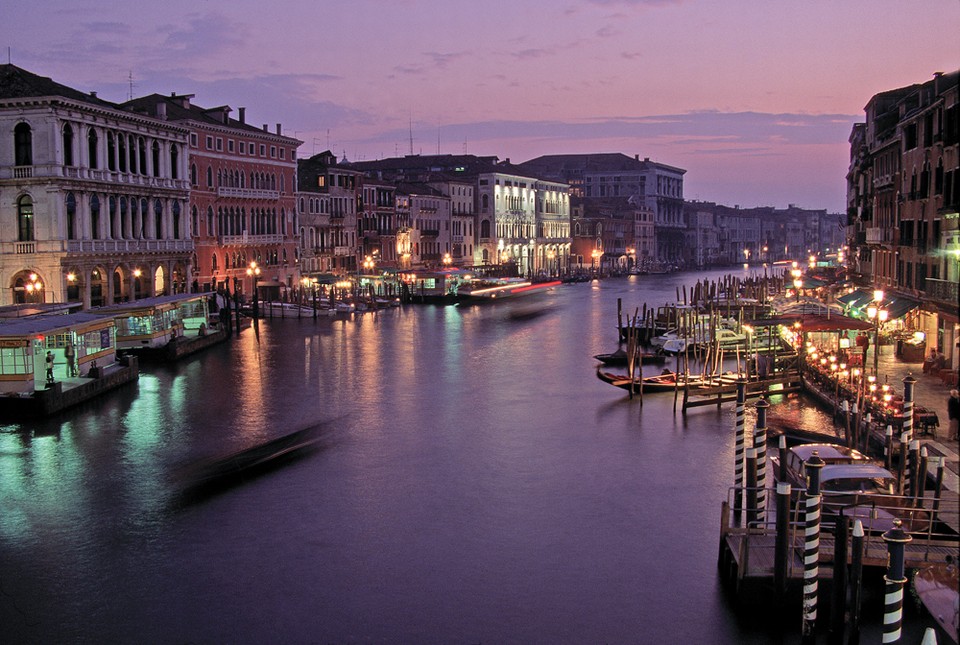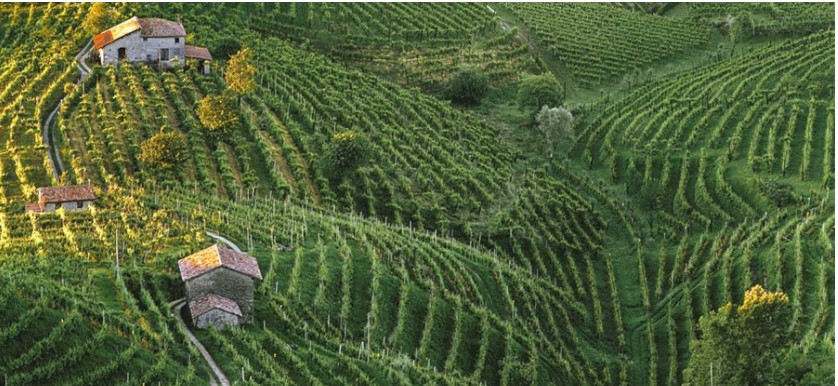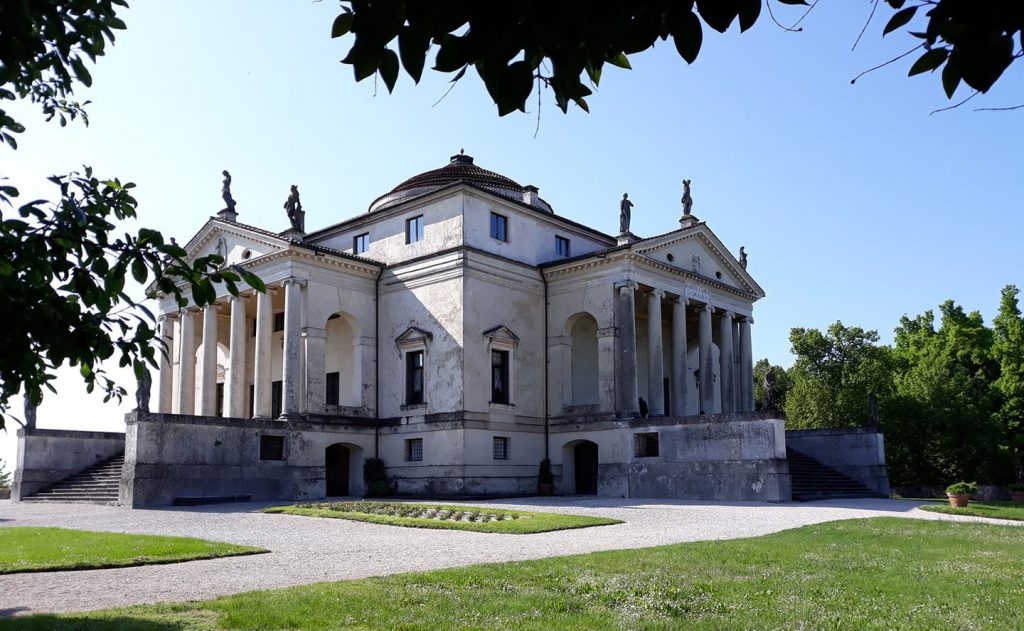Many Veneto companies have a strong relationship with Serbia and some of them have also decided to invest in it. Serbia’s geographical position is quite appealing, as it is in the centre of the Balkans, while the country’s skilled workforce make Serbia the ideal location for entrepreneurs that want to expand their business in Eastern Europe
Metal and machinery production and fashion contribute the most to Veneto’s exports as foreign sales of these sectors contributed to a large extent to the regional export growth in the first six months of the year. As for the target markets, there has been a significant increase in sales to all the main trade partners, with France, Germany and the USA topping the list.

You recently took on the role of International Relations Director of the Veneto region in a very complex time for your region. How would you rate Veneto’s economic recovery? Has the pandemic changed the international relations programmes of the Veneto region?
The pandemic has affected the whole world and it is turning into something that we have to live with. Since the onset of Covid-19, all of us had to cope with fear and uncertainty regarding the future and, under these circumstances, some leaders managed to handle the situation in a very pragmatic way. Veneto is one of the European regions that had a good plan in place which helped both our territory and the people to live in such a difficult time.
The economic performance is quite encouraging and in the first semester, our export recorded a 24% growth compared to 2020, but if we look at 2019 – the year before the pandemic – there was a 5% increase which is a very good result. Veneto’s GDP growth should be around 6.4% by the end of 2021 and the projection for 2022 currently stands at +4.7%.
Veneto has always had a natural inclination to international relations due to its history and proximity to Eastern Europe. Despite the pandemic, we are very focused on building new alliances with foreign countries and reinforcing the relations with our historical partners.
“For each axis, there are specific areas of intervention and an action plan with programmes and actions in place”
We had to revise our priorities during the peak of the Covid-19 pandemic. Still, Veneto is enhancing and boosting its ties at the international level as we believe that open markets lead to success and prosperity.
The economic performance is quite encouraging and in the first semester our export is marking + 24% compared to 2020, but if we look at 2019 – before the pandemic – we register an increase of 5% which is a very good result. Veneto GDP should rise of 6.4% within the end of 2021 and there is a prevision o + 4.7% in 2022.
Veneto has always had a natural inclination to international relations due to its history, its proximity to Eastern Europe and despite the pandemic, we are very focusing on building new alliances with foreign countries and reinforcing the relations with our historical partners.
We had to revise our priorities during the peak of infectious as the Covid 19 was leading the situation nevertheless Veneto is enhancing its ties at the international level as we believe that open markets lead to success and prosperity.

What are the driving sectors of the Veneto region’s economy? What are the main driving forces behind your export?
Veneto has a great variety of manufacturing sectors and several clusters with a high level of innovation and integration where the supply chain is well represented. The Made in Veneto production ranges from food and wine to apparel and shoes, eyewear, wood and furniture, machinery, building materials, electronic appliances and others.
Photos of deserted Venice during the first wave of the pandemic travelled the world. Do you think Venice has changed? How is the tourism sector recovering from the crisis?
It was very heartbreaking to see Venice as a deserted place although the images that were broadcasted all over the world enhanced the beauty and the magic of the city.
Tourism is the sector that was affected by the pandemic more than others as it depends on the mobility of people and, even though travelling has resumed, tourism is still suffering the consequences of Covid-19.

In 2021, tourism is slowly recovering in Veneto compared to 2020 but if we compare it to the pre-pandemic period, we are still lacking foreign tourists, especially in Venice. There has been an increase in the number of Italian tourists who chose to remain in Italy. Veneto is an ideal tourist destination with its variety of places – mountains (the Dolomites), the coastline with kilometre-long beaches (Jesolo), the countryside (the Prosecco Hills of Conegliano-Valdobbiadene), artistic cities (like Vicenza, Verona and Padua) and of course, Venice with its lagoon.
Environmental sustainability and environmental protection are fundamental to Veneto and Venice, as reflected in the expertise of companies from the Veneto region in terms of environmental protection. What is your view on this topic that is an important part of our daily lives?
Sustainability is becoming increasingly important for our territory as we have to preserve the natural environment and different microclimate areas in our region. Thus, we are committed to meeting the Sustainable Development Goals of the UN Agenda 2030.
Last year, Veneto launched its sustainable development strategy with three different components – economic, social and environmental sustainability. We also identified strategic axes – risk mitigation with health prevention, boosting civil protection, the well-being of people, attractive territory, reproduction of natural capital and responsible governance.
For each axis, there are specific areas of intervention and an action plan with programmes and actions in place.
Citizens have to play a role in the transition to a more sustainable society and personally, I am very committed to that in my daily routine. I live in Treviso which ranks first in Italy in terms of waste recycling. Treviso has implemented many activities towards achieving important sustainability goals. In 2021, it was one of the five finalists for the European Green Leaf Award, a competition that includes cities and towns across Europe, with a population of between 20,000 and 100,000, that recognizes commitment to better environmental outcomes, with a particular emphasis on efforts that generate green growth and new jobs.

Following one of his last trips to Serbia, the president of the Veneto region, Luca Zaia, signed a cooperation agreement with Serbia, with the view of intensifying economic relations. What do you think about that agreement? How important is the agreement to you? What opportunities does it bring and what are its challenges?
The Veneto Region and the Republic of Serbia signed the agreement in February 2020 at the beginning of the pandemic and in the following months, we had to deal with all the consequences of Covid-19.
Now, that the situation is more stable, we are planning to realize some initiatives, virtually and being physically present, to enhance the cooperation with Serbia involving the economic system, universities and cultural organizations as there are many areas of bilateral collaboration.
“Now, that the situation is more stable, we are planning to realize some initiatives, virtually and being physically present, to enhance the cooperation with Serbia”
Together with the cabinet of the Serbian Prime Minister, we are working on a roadmap to identify the activities that are considered strategic for both of us. In this regard, the cooperation with Confindustria Serbia and its president Patrizio Dei Tos, who is from Veneto, will provide a great contribution to enhancing our ties with Serbia.
Before you took on your new role in the Veneto region, you built a career in Confindustria. How much do you think this experience has helped you?
The experience I had in Confindustria at a national level for almost thirteen years taught me a lot and contributed to my professional growth. I had the opportunity to manage international affairs at a global level and during these years I built an important network of contacts that allowed me to interact with many foreign countries.

I improved my capability in intercultural management which is crucial for interacting with people as the approach has to be adapted to the country you are working with.
I had the chance to visit different areas and deepen my knowledge of development plans that many nations adopted to implement investments in specific sectors like infrastructure, agriculture, energy and manufacturing. This unique background allows me to manage the new role as the international relations director of the Veneto Region with expertise and it is a good start for me.